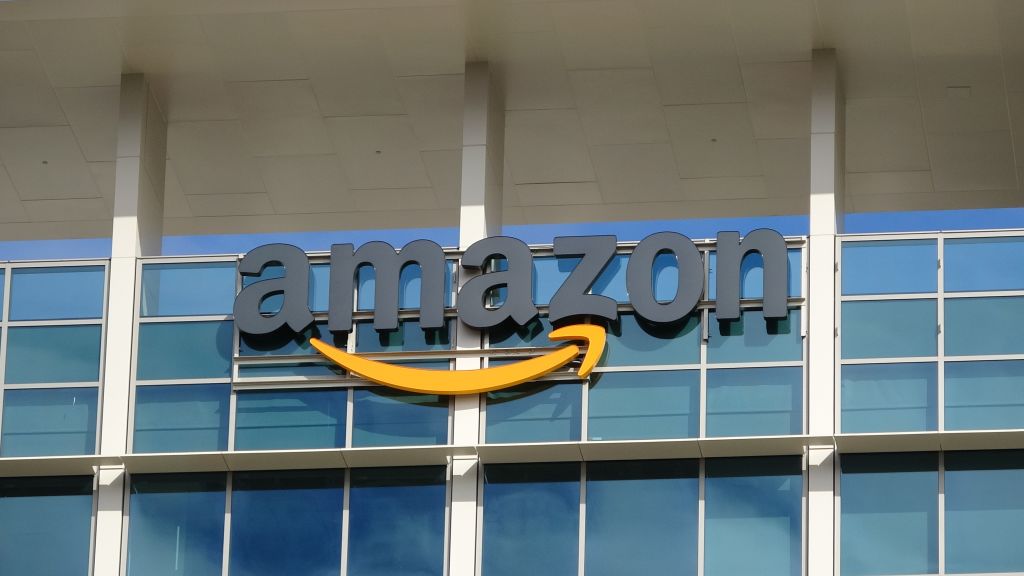Primary care: Amazon's health-care ambitions
Is this the future of medical care?

A free daily email with the biggest news stories of the day – and the best features from TheWeek.com
You are now subscribed
Your newsletter sign-up was successful
The smartest insight and analysis, from all perspectives, rounded up from around the web:
Amazon is buying my doctor's office, said Ari Levy at CNBC, and now "the same company that sends me countless boxes every week" will "own the portals containing my medical information." Amazon has been pushing into the health space for years, "but I never took into account the possibility that it might one day own One Medical." Then last week Amazon announced plans to acquire the nationwide primary-care network — which happens to be my own care provider — for $3.9 billion. Obviously, the tech giant "will have to work hard to convince consumers — and likely politicians — that its intentions are pure." Then again, winning people over might not be so difficult. "The status quo in health care is miserable," and Amazon "recognizes the system's many flaws and inefficiencies" just from "trying to offer better care" to its 1.6 million employees.
Amazon is "serious about building a comprehensive health-care business," said John Tozzi and Matt Day in Bloomberg. It bought the mail-order pharmacy PillPack in 2018 and started a primary-care network, Amazon Care, for its employees. One Medical, with about 767,000 patients, is still only "a niche player in a massive market." The greater significance of this deal may be seen in how others respond. Amazon's 2017 deal for Whole Foods didn't make it a dominant grocer, but it did "spook retail rivals to redouble their food delivery efforts."
The Week
Escape your echo chamber. Get the facts behind the news, plus analysis from multiple perspectives.

Sign up for The Week's Free Newsletters
From our morning news briefing to a weekly Good News Newsletter, get the best of The Week delivered directly to your inbox.
From our morning news briefing to a weekly Good News Newsletter, get the best of The Week delivered directly to your inbox.
"It's true that One Medical is not a major health-care player," said David Dayen in The American Prospect — at this point. But Amazon has the scale and would "have opportunities to leverage" all its data in the health space. This is part of an emerging pattern: CVS also has an "entrenched" position in the industry, with a pharmacy, an insurance company (Aetna), and a network of urgent-care clinics. "Rather than waiting to see a conglomerate develop, agencies could act to cut off such behemoths before they grow." Amazon likes to say it has a "customer obsession." Really? asked Geoffrey Fowler in The Washington Post. Halo, its first health device, was "hands-down the most invasive tech I've ever tested." It asks users to "strip down and strap on a microphone so it can make 3D scans of your body fat and monitor your tone of voice. No joke, it has a computer tell you if it thinks you sound 'condescending.'" This is who I'm supposed to trust with my medical records?
"We believe there is much to learn from the One Medical model of care," said physicians Katherine Gergen-Barnett and Russell Phillips in Stat News, and Amazon is wise to enter health care through the primary-care office. Investment there, at the "front door" of health care, can lead to lower costs and better health outcomes. But we worry about what the entry of companies like Amazon will mean for access to medical care. One Medical caters to a wealthy, white-collar clientele and takes "healthy, well-educated patients who require less-complex care out of the usual primary-care system." This leaves "a widening disparity between those who have" primary-care service such as Amazon's and those who do not.
This article was first published in the latest issue of The Week magazine. If you want to read more like it, you can try six risk-free issues of the magazine here.
A free daily email with the biggest news stories of the day – and the best features from TheWeek.com